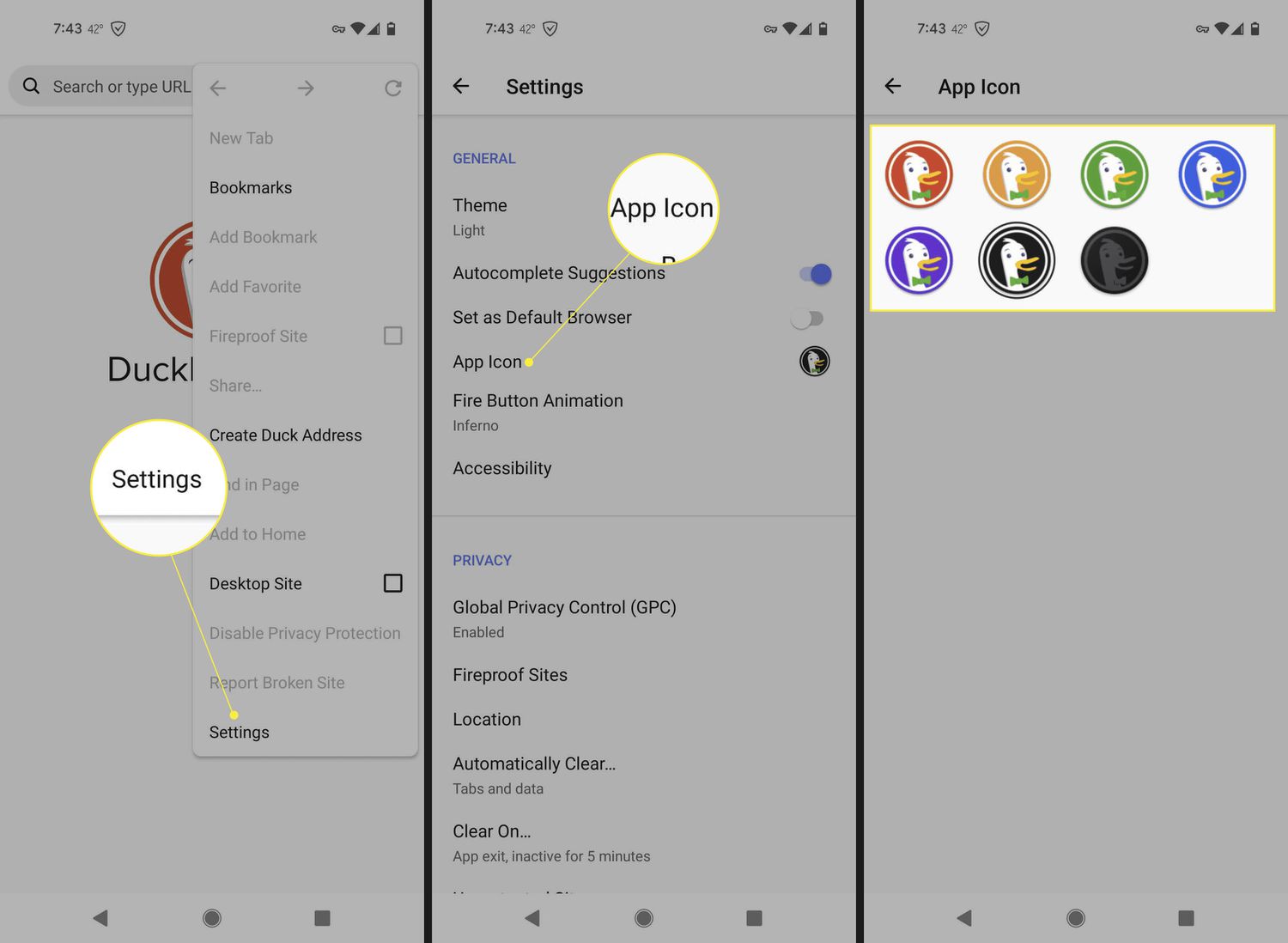
Understanding the Basics
Before diving into the steps, it's crucial to understand the different components involved in renaming an Android app:
- Package Name: This unique identifier for your app typically follows the format
com.yourcompany.yourapp. Changing it involves updating theandroid:packageattribute in theAndroidManifest.xmlfile and modifying theapplicationIdin thebuild.gradlefile for Android Studio projects. - Application ID: Google Play Store uses this identifier to recognize your app. Once published, changing the application ID is not possible.
- App Name: Displayed on the launcher icon and in the app list, this can be changed by modifying the
android:labelattribute in theAndroidManifest.xmlfile and updating the corresponding string resource in thestrings.xmlfile.
Step-by-Step Guide
Update the Package Name
If you need to change the package name, do so before publishing your app on the Google Play Store. Here’s how:
-
Update
AndroidManifest.xml:- Open the
AndroidManifest.xmlfile. - Change the
android:packageattribute to your new package name. For example, if your current package name iscom.myname.google, change it tocom.myname.newapp.
xml
…
- Open the
-
Update
build.gradle:- Open the
build.gradlefile in your project directory. - Change the
applicationIdto your new package name.
groovy
android {
defaultConfig {
applicationId "com.myname.newapp"
…
}
} - Open the
-
Update Imports:
- In your Dart files, update any imports referencing the old package name.
-
Update Launch Configuration:
- If using Flutter, update the launch configuration in
launch.jsonto reflect the new package name.
- If using Flutter, update the launch configuration in
-
Update Folder Names:
- On Android, update the folder names in your project directory to match the new package name.
Change Application ID
If the app is already published and the application ID needs changing, it's not possible directly. However, removing any references to Google in the package name without changing the application ID is an option.
Change App Name
To change the app name displayed on the launcher icon and in the app list, follow these steps:
-
Update
AndroidManifest.xml:- Open the
AndroidManifest.xmlfile. - Change the
android:labelattribute in the<application>tag to your new app name.
xml
…
- Open the
-
Update
strings.xml:- Open the
strings.xmlfile. - Update the string resource holding the current app name.
xml
My New App
- Open the
-
Update Launcher Activity:
- If a splash screen or custom launcher activity exists, update its label attribute accordingly.
-
Build and Run:
- After making these changes, build and run your app to see the new name reflected.
Additional Considerations
Rebranding Guide
If rebranding the app entirely, including updating graphics and text materials, follow these steps:
-
Update App Icon:
- Create a new high-resolution icon (512 x 512 pixels) with alpha transparency.
-
Update Splash Screen:
- Create a new splash screen image (680 x 680 pixels) with a transparent background.
-
Update Login Logo:
- Create a new login logo image (660 x 124 pixels) with a transparent background.
-
Update Branded Colors:
- Define new branded colors in a
ColorValues.txtfile.
- Define new branded colors in a
-
Update Text Materials:
- Prepare text materials for Google Play Store, including short descriptions, keywords, and privacy policy URLs in separate language files (e.g.,
EnglishGoogleplay.txt,GermanGoogleplay.txt).
- Prepare text materials for Google Play Store, including short descriptions, keywords, and privacy policy URLs in separate language files (e.g.,
-
Submit Graphics and Text:
- Package all necessary graphics and text materials into one
.zipfile and submit it to your platform provider or Google Play Store directly.
- Package all necessary graphics and text materials into one
Changing the name of an Android app involves updating multiple files and configurations within your project. By following these steps carefully, you can ensure that your app's name is correctly updated across all platforms without affecting its functionality or user experience.
